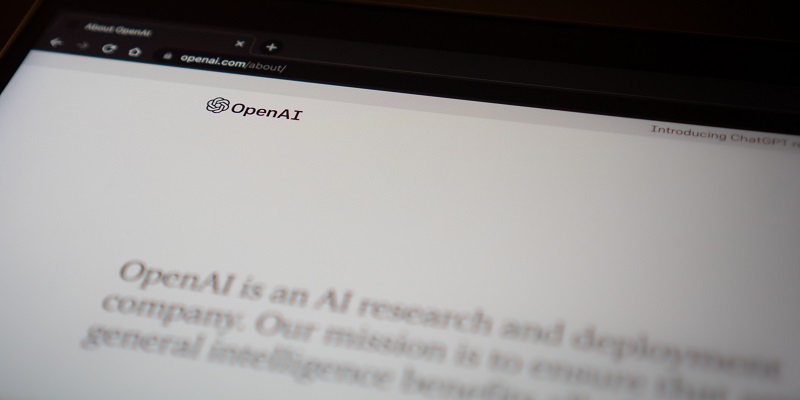OpenAI, the prominent artificial intelligence research organization, has recently launched a web crawling tool called GPTBot. This innovative tool aims to bolster the capabilities of future GPT models by collecting valuable data from websites. Additionally, OpenAI has submitted a trademark application for “GPT-5,” the anticipated successor to their current GPT-4 model. While these developments hold great promise for the future of AI, OpenAI remains cautious about premature expectations, emphasizing the need for safety audits and addressing concerns regarding data collection practices.
GPTBot: Enhancing Data Collection for Future Models
GPTBot has the potential to revolutionize the field of AI research by amassing large-scale and diverse data from the web. By systematically accessing websites, GPTBot can gather information that will enhance the accuracy and expand the capabilities of future GPT models. This data will be instrumental in ensuring that the models can offer more comprehensive and nuanced responses across a wide range of topics.
Website Owners’ Control and Privacy
OpenAI recognizes the importance of respecting website owners’ autonomy and privacy. Consequently, website owners have the ability to prevent GPTBot from crawling their sites by implementing a “disallow” command. This enables websites to maintain control over their content and ensure that sensitive information or proprietary data remain secure.
GPT-5: OpenAI’s Trademark Application for the Next Generation Model
OpenAI’s recent trademark application for “GPT-5” signifies the organization’s commitment to pushing the boundaries of AI research. While it remains in the early stages, GPT-5 holds promise for further advancements in natural language processing and understanding. However, OpenAI’s CEO, Sam Altman, cautions against premature expectations, noting that the training of GPT-5 is still a significant undertaking.
Prioritizing Safety Audits
Before embarking on GPT-5 training, OpenAI acknowledges that extensive safety audits are crucial. These audits ensure that potential risks and biases are identified and mitigated, maintaining the responsible and ethical use of AI technology. OpenAI’s commitment to safety reflects their dedication to developing AI systems that benefit society as a whole.
Comprehensive Trademark Application for GPT-5
OpenAI’s trademark application for GPT-5 spans a broad range of AI-based applications. This includes areas such as human speech, text, audio-to-text conversion, voice recognition, and speech synthesis. The comprehensive scope of the application suggests OpenAI’s broader vision for GPT-5 and its potential impact on various industries.
Concerns and Controversies Surrounding Data Collection
As OpenAI continues to gather data for AI research, concerns have arisen regarding potential copyright infringement and obtaining proper consent for data collection. Privacy regulators in Japan have issued warnings to OpenAI, stressing the importance of adhering to privacy laws. Additionally, OpenAI has faced restrictions in Italy due to allegations of privacy law violations.
Lawsuits Highlighting Unauthorized Data Access and Code Scraping
OpenAI and its partner Microsoft have both faced legal challenges relating to unauthorized data access and code scraping without proper consent. These lawsuits further emphasize the need for organizations to prioritize proper consent and transparency when dealing with data collection and utilization.
OpenAI’s introduction of GPTBot and the trademark application for GPT-5 marks significant milestones in the development of AI models. GPTBot’s data collection capabilities hold immense potential for enhancing future GPT models. However, OpenAI remains cautious, recognizing the importance of safety audits and the need to address concerns surrounding data collection practices. As AI technology continues to evolve, it is imperative for organizations like OpenAI to prioritize ethical considerations and navigate the complex landscape of privacy laws and consent.

